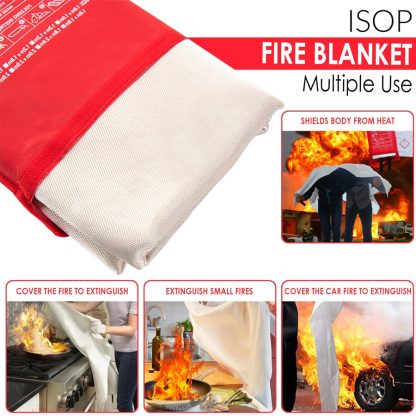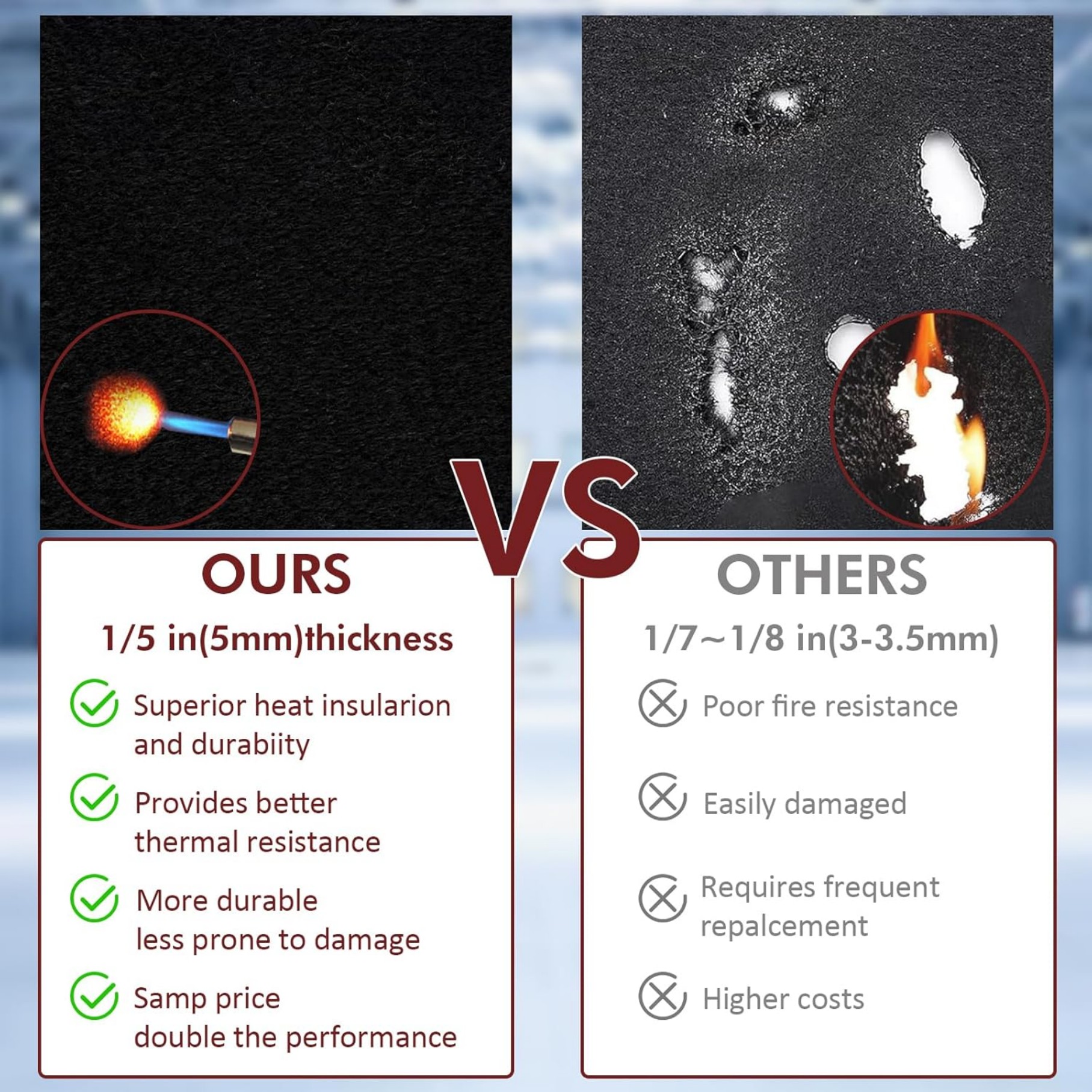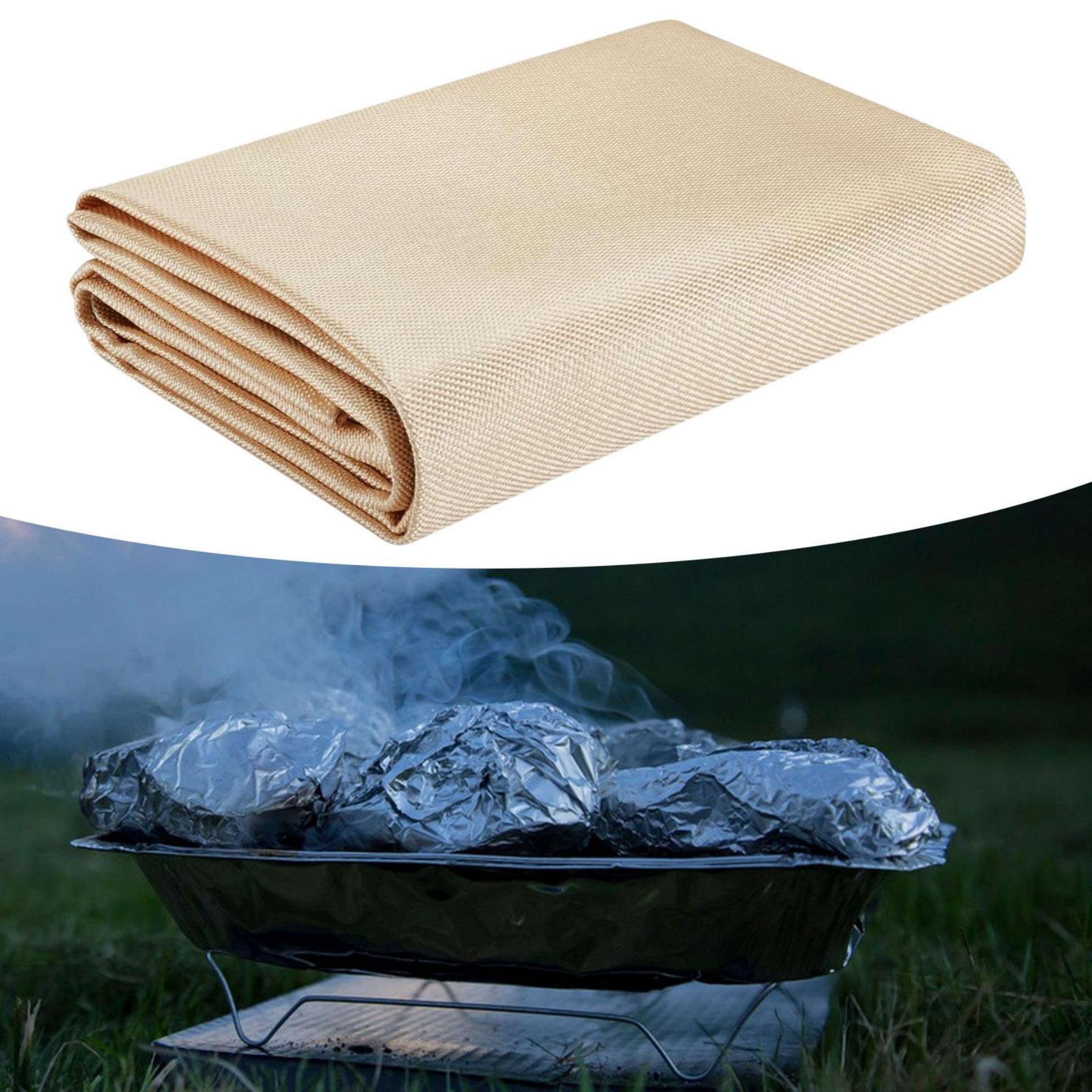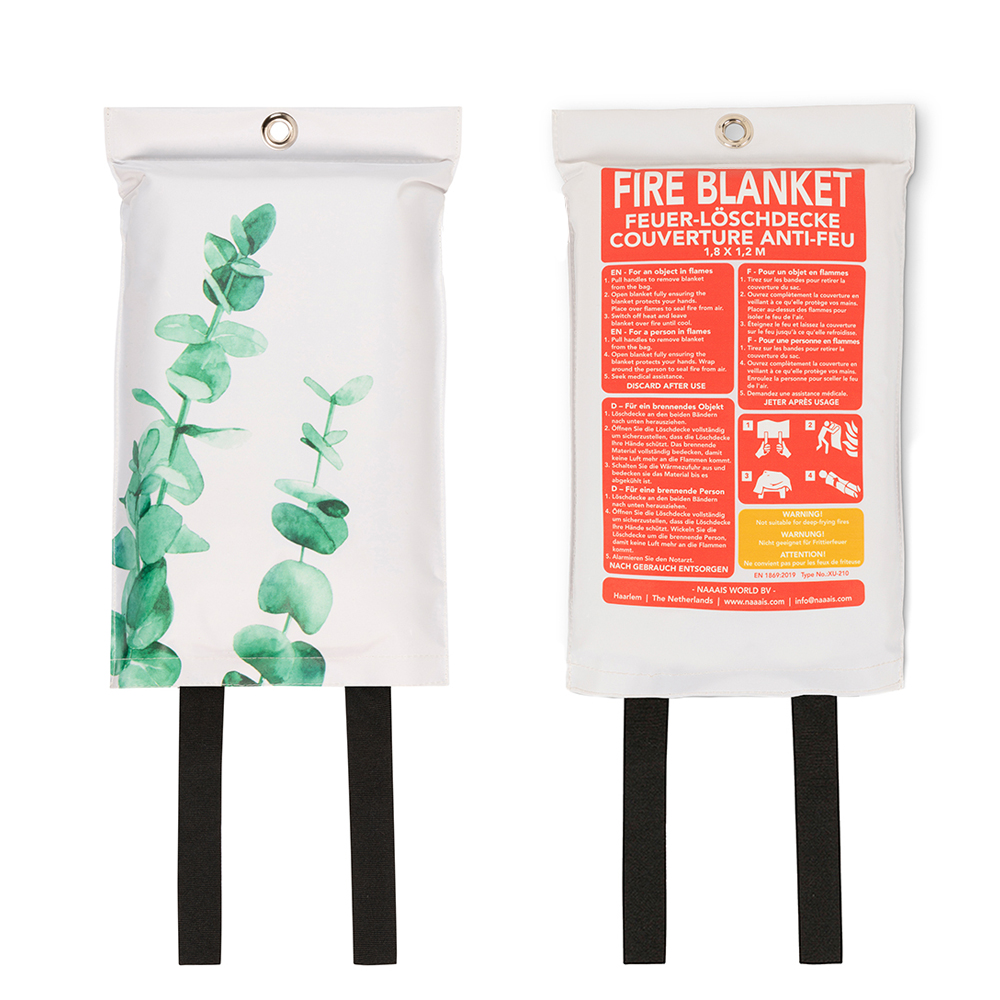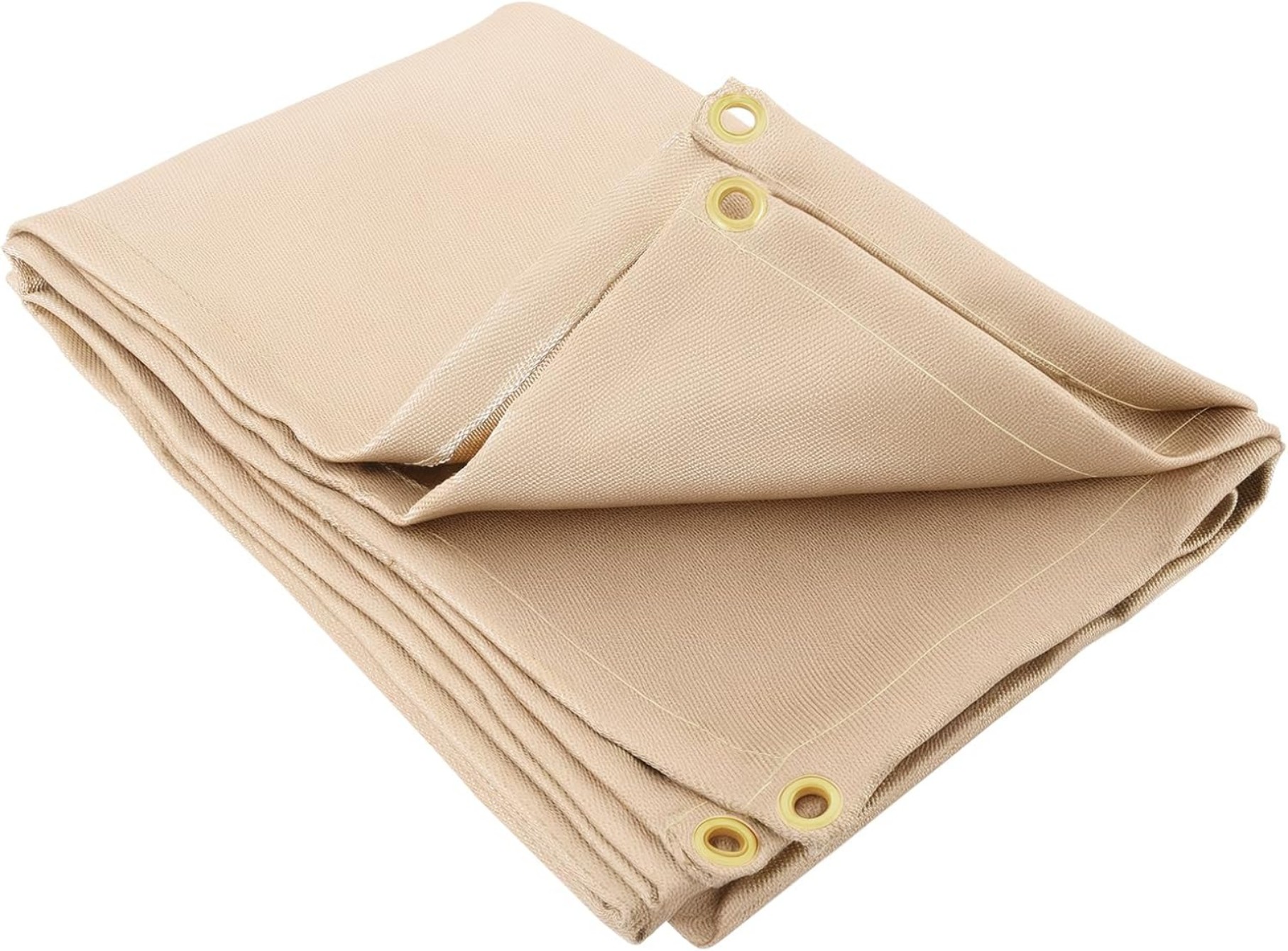Blanketing Fire Tactics: How to Use Suppressive Fire Effectively
Summary:Blanketing fire is a military tactic that delivers continuous fire over an area to suppress enemy movement. This guide explains its purpose, proper execution, and tactical advantages in modern combat scenarios.
What Is Blanketing Fire?
When you need to control an area and limit enemy options, blanketing fire becomes your best friend. Unlike precision shooting, this tactic involves sustained automatic weapons fire across a wide zone. The goal isn't necessarily to hit targets - it's to make the enemy keep their heads down while your team maneuvers.
When to Use Blanketing Fire
You'll deploy blanketing fire in three key situations:
- Covering advances:When your squad needs to cross open terrain
- Denying positions:To prevent enemies from occupying strategic locations
- Breaking contact:During withdrawals to discourage pursuit
Executing Effective Blanketing Fire
To make your blanketing fire effective, remember these professional tips:
- Maintain sector control:Assign specific firing arcs to each team member
- Use proper intervals:Alternate firing cycles to conserve ammo
- Elevation matters:Adjust for terrain - ricochets can be useful
- Communicate:Clearly signal when starting/stopping suppression
Weapon Selection for Blanketing Fire
Not all guns work equally well for blanketing fire. The best options include:
| Weapon Type | Advantages | Limitations |
|---|---|---|
| Light Machine Guns | Sustained fire capability, large magazines | Heavy, requires bipod/mount |
| Automatic Rifles | Mobile, quick target transitions | Smaller ammo capacity |
| Grenade Launchers | Area denial, psychological impact | Limited rate of fire |
Ammunition Considerations
Your blanketing fire effectiveness depends heavily on ammunition choice:
- Tracer rounds:Help coordinate fire but reveal positions
- Armor-piercing:Better penetration through cover
- Standard ball:Most economical for sustained fire
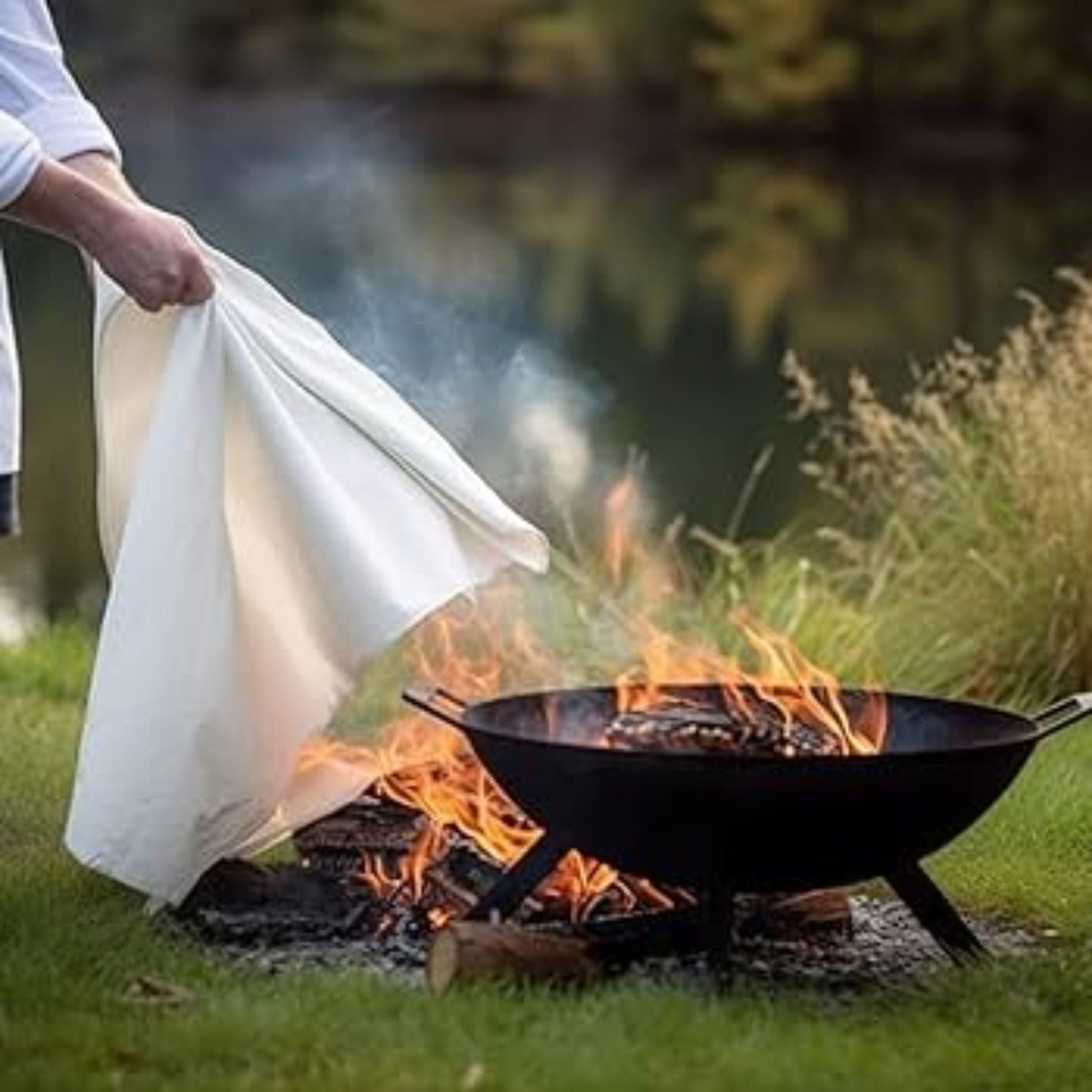
Remember the 3:1 ratio - for every tracer round, use three standard rounds to maintain surprise.
Common Blanketing Fire Mistakes
Even experienced operators make these errors:
- Firing too high (wasting rounds over enemy heads)
- Maintaining predictable firing patterns
- Neglecting flank security during suppression
- Running low on ammo without backup plans
Training Exercises for Blanketing Fire
To master blanketing fire techniques, practice these drills:
- Sector control:Engage multiple pop-up targets across 180°
- Ammo conservation:30-second suppression with limited rounds
- Team coordination:Alternating fire with a partner
- Movement under fire:Advance while maintaining suppression
Historical Examples of Blanketing Fire
Study these real-world applications:
- WWII Normandy:MG42 teams covering German withdrawals
- Vietnam:M60 gunners providing LZ security
- Modern Urban:SWAT teams using blanketing fire during hostage rescues
Blanketing Fire vs. Other Tactics
Understand how blanketing fire differs from:
- Precision fire:Aimed shots at specific targets
- Harassing fire:Irregular, unpredictable firing
- Barrage fire:Artillery-based area denial
Safety Protocols
Always follow these rules when employing blanketing fire:
- Establish clear fields of fire
- Verify target areas contain no friendlies
- Use proper backstops to prevent collateral damage
- Maintain muzzle discipline during movement
Mastering blanketing fire makes you a more effective team member in combat situations. Practice these techniques regularly to maintain proficiency in this essential military skill.


